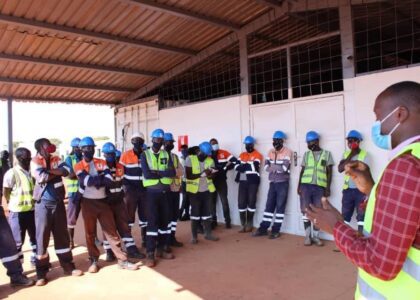Ann Kagere not real name is a 19 year old single mother of two. She was misled in to early sex encounters/ debut by what the myths she heard about sex from her young paternal aunt who relayed to her that ‘sex cures premenstrual pains.
Without proper channels and standard sex education, children suffer heartache and have to grow up quickly to manage the consequences of engaging in early sex.
In the traditional African Society, nurturing children was a communal. Any elder was responsible for the children in the community. There was a place for sex education too. The aunties and uncles were expected to pass on the information to the growing teens to prepare them for marriage and responsibility.
However, this is not the case today. With a more individualistic society, parents are left with the responsibility to teach and nurture their own children. On one side, this gives parents a chance to share helpful sex education with their children and on the flip side, some children get no help since their parents are not present or do not know how to start the conversation on sex.
Sadly, many of parents we have encountered in the slum communities are shy and awkward about sex education. They uncomfortably ask, “When do I begin sex education with my child?”
Why parents should be courageous in sharing sex education with their children
Lack of sex education puts the children at risk of sexual abuse. Some children are silent victims of abuse because of lack of sex knowledge. Parents have the power to mitigate windows of abuse to their children.
Initiating dialogue with one’s children will create a safe space for you and your child to share the uncomfortable sex education. When a parent is open to hearing what the child knows, the child will be open to hear from the parent.
Asking questions always creates room for learning. It is helpful to encourage the children to ask questions. This way, a parent is able to demystify the lies thus protecting children from abuse and teenage pregnancies






